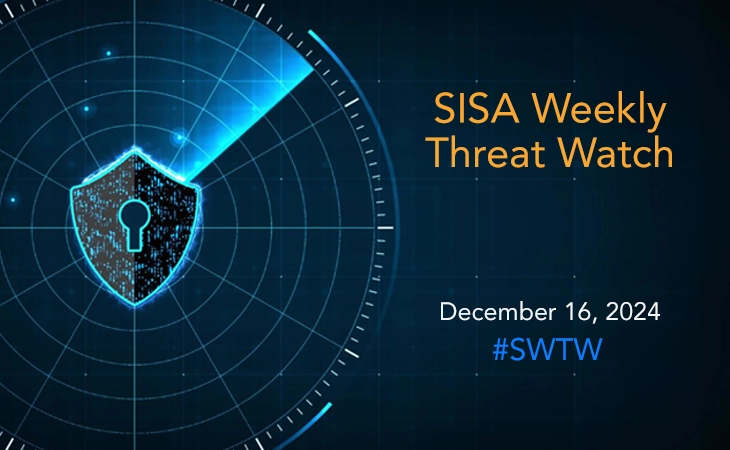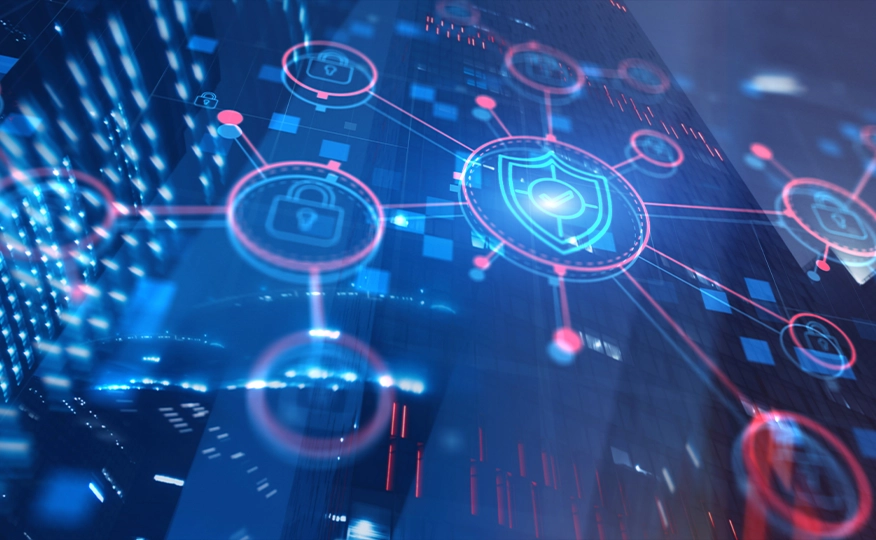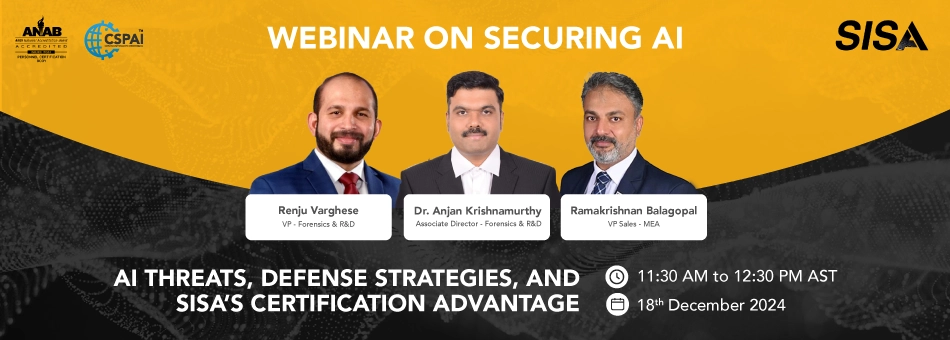
What is DPDPA? Why is it important in 2024?
The Digital Personal Data Protection Act (DPDPA) 2023 is a landmark legislation passed by the Government of India to establish a comprehensive framework for data protection in the digital era. Published in the Official Gazette on August 11, 2023, the DPDPA will be effective in 2024. This law is significant as it sets out to protect the personal data of Indian citizens, ensuring their privacy rights in an increasingly digital world. Here’s why the DPDPA is crucial in 2024.
Overview of the DPDPA
The DPDPA 2023 is India’s first comprehensive data protection law. It governs the processing of personal data within India and applies to all businesses operating in India or targeting Indian customers, regardless of their location. The act focuses on protecting digital personal data collected in digital form or subsequently digitized.
Key Features of the DPDPA
Applicability
The DPDPA applies to:
- All businesses operating within India.
- Businesses outside India processing data related to offering goods or services to Indian customers.
- Data processed in both digital and non-digital forms, once digitized.
Personal Data Definition
The DPDPA defines personal data as any data about an individual who is identifiable by or about such data. Unlike other global regulations, the DPDPA does not differentiate between sensitive and non-sensitive personal data, treating all personal data with equal importance.
Key Entities
- Data Fiduciaries: Entities that determine the purpose and means of data processing.
- Data Processors: Entities that process data on behalf of Data Fiduciaries.
- Data Principals: Individuals whose personal data is being processed.
- Significant Data Fiduciaries: Designated by the government based on data volume, sensitivity, and risk.
Consent and Data Processing
The DPDPA mandates explicit user consent for data processing unless another legal basis applies. Consent must be free, informed, specific, and unambiguous, with clear affirmative action from the user.
Data Protection Officer (DPO)
Significant Data Fiduciaries must appoint a DPO based in India, responsible for ensuring compliance, conducting data audits, and serving as a point of contact for grievances.
Data Transfers
The DPDPA allows data transfers outside India unless the government specifies otherwise, adopting a “negative list” approach for restricted jurisdictions.
Data Breach Notifications
Data fiduciaries must inform the Data Protection Board of India and affected individuals promptly in case of a data breach, with potential penalties for non-compliance reaching up to INR 250 crore (approximately USD 30.2 million).
Data Principal Rights
Data Principals are granted several rights, including:
- The right to be informed about data processing.
- The right to access their data.
- The right to correct or update their data.
- The right to have their data erased.
- The right to submit grievances and withdraw consent.
Importance of DPDPA in 2024
Enhancing Data Privacy
The DPDPA is a crucial step towards enhancing data privacy for Indian citizens. With the rapid digitalization of services, protecting personal data has become essential. The DPDPA ensures that individuals have control over their data, thus reinforcing their privacy rights.
Building Consumer Trust
For businesses, compliance with the DPDPA is vital to building and maintaining consumer trust. Transparent data processing practices and robust data protection measures will reassure customers that their data is safe, leading to increased trust and loyalty.
Aligning with Global Standards
The DPDPA aligns India’s data protection framework with global standards like the EU’s GDPR. This alignment facilitates international business operations and ensures that Indian businesses can compete globally while protecting personal data.
Legal and Financial Implications
Non-compliance with the DPDPA can result in significant penalties, which can have severe financial implications for businesses. Ensuring compliance helps businesses avoid these penalties and the associated legal complications.
Encouraging Digital Innovation
By setting clear guidelines for data protection, the DPDPA encourages businesses to innovate within a secure framework. This promotes a healthier digital ecosystem where data privacy is prioritized, and new technologies can flourish without compromising user privacy.
Addressing Cybersecurity Challenges
With increasing cyber threats, the DPDPA’s stringent requirements for data security and breach notifications ensure that businesses adopt robust cybersecurity measures. This not only protects personal data but also enhances overall digital security.
Conclusion
The Digital Personal Data Protection Act (DPDPA) 2023 is a significant milestone for India, addressing the critical need for data privacy and protection in the digital age. Its implementation in 2024 will usher in a new era of data security, empowering individuals with control over their data and ensuring that businesses operate with transparency and accountability. As India continues to grow as a digital economy, the DPDPA will play a pivotal role in safeguarding privacy and fostering trust in digital services.
Frequently Asked Questions
1. How does the DPDPA address data processing for children under the age of 18?
The DPDPA requires data fiduciaries to obtain verifiable consent from the parents or legal guardians of children under the age of 18 before processing their data. It also prohibits tracking, behavioral monitoring, and targeted advertising towards children, unless explicitly permitted by the central government. This ensures heightened protection for children’s data and prevents potential exploitation.
2. What are the obligations of a business if a data principal withdraws their consent under the DPDPA?
When a data principal withdraws their consent, the data fiduciary must cease processing the personal data and ensure that any data processors also stop processing the data. Additionally, the data fiduciary must delete the personal data unless it is required for compliance with a legal obligation. This ensures that the data principal’s wishes are respected and their data is no longer used against their will.
3. How does the DPDPA impact businesses using artificial intelligence (AI) for data processing?
Businesses using AI for data processing must ensure that their AI systems comply with the DPDPA’s requirements for data protection. This includes obtaining explicit consent for data processing, ensuring data accuracy, and implementing robust security measures. Additionally, businesses must be transparent about how AI algorithms use personal data and provide mechanisms for data principals to understand and contest automated decisions.
4. Are there any exemptions for data fiduciaries regarding the processing of personal data for research purposes under the DPDPA?
Yes, the DPDPA allows for certain exemptions when processing personal data for research, archiving, or statistical purposes, provided the data is not used to make decisions specific to the data principle. These exemptions are designed to facilitate research and development while ensuring that the data is used ethically and without infringing on individuals’ privacy rights.
5. What measures must businesses take to comply with the DPDPA’s cross-border data transfer requirements?
Under the DPDPA, businesses can transfer personal data outside of India unless the government restricts such transfers to specific countries or organizations. To comply, businesses must ensure that data transferred abroad maintains the same level of protection as required by the DPDPA. This might involve implementing data protection agreements, conducting impact assessments, and continuously monitoring compliance with the stipulated standards.
Latest
Blogs
Whitepapers
Monthly Threat Brief
Customer Success Stories
 USA
USA India
India APAC
APAC Middle East
Middle East Global
Global






 Facebook
Facebook Linkedin
Linkedin  X
X Youtube
Youtube








